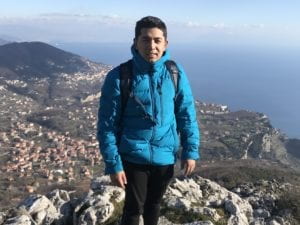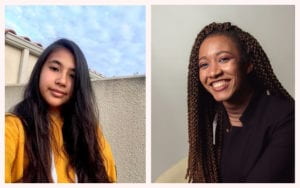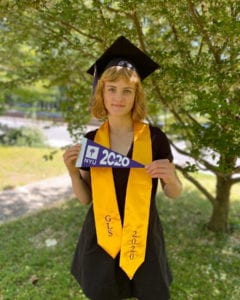The Green Graduate series is a collective of interviews and conversations with environmentally-minded and eco-conscious NYU graduates. As these students move on to the workforce, graduate programs, and other opportunities, we are struck with how different the world seems today than it did a few months ago. Our hope with this series is to inspire, motivate and most importantly, honor the class of 2020.

Throughout his four years of college, Raunak Shrestha has seen many victories, large and small, towards making NYU Abu Dhabi a greener campus.
As a first-year, Raunak joined the student interest group, Ecoherence, which works to promote on-campus sustainability through efforts like increasing student awareness and pushing the school to adopt more environmentally conscious policies.



 Josi Riederer, like many of us, is currently home with her family in Ashland, Virginia. When I spoke to Josi, she had just finished her thesis for Global Liberal Studies on the topic of
Josi Riederer, like many of us, is currently home with her family in Ashland, Virginia. When I spoke to Josi, she had just finished her thesis for Global Liberal Studies on the topic of